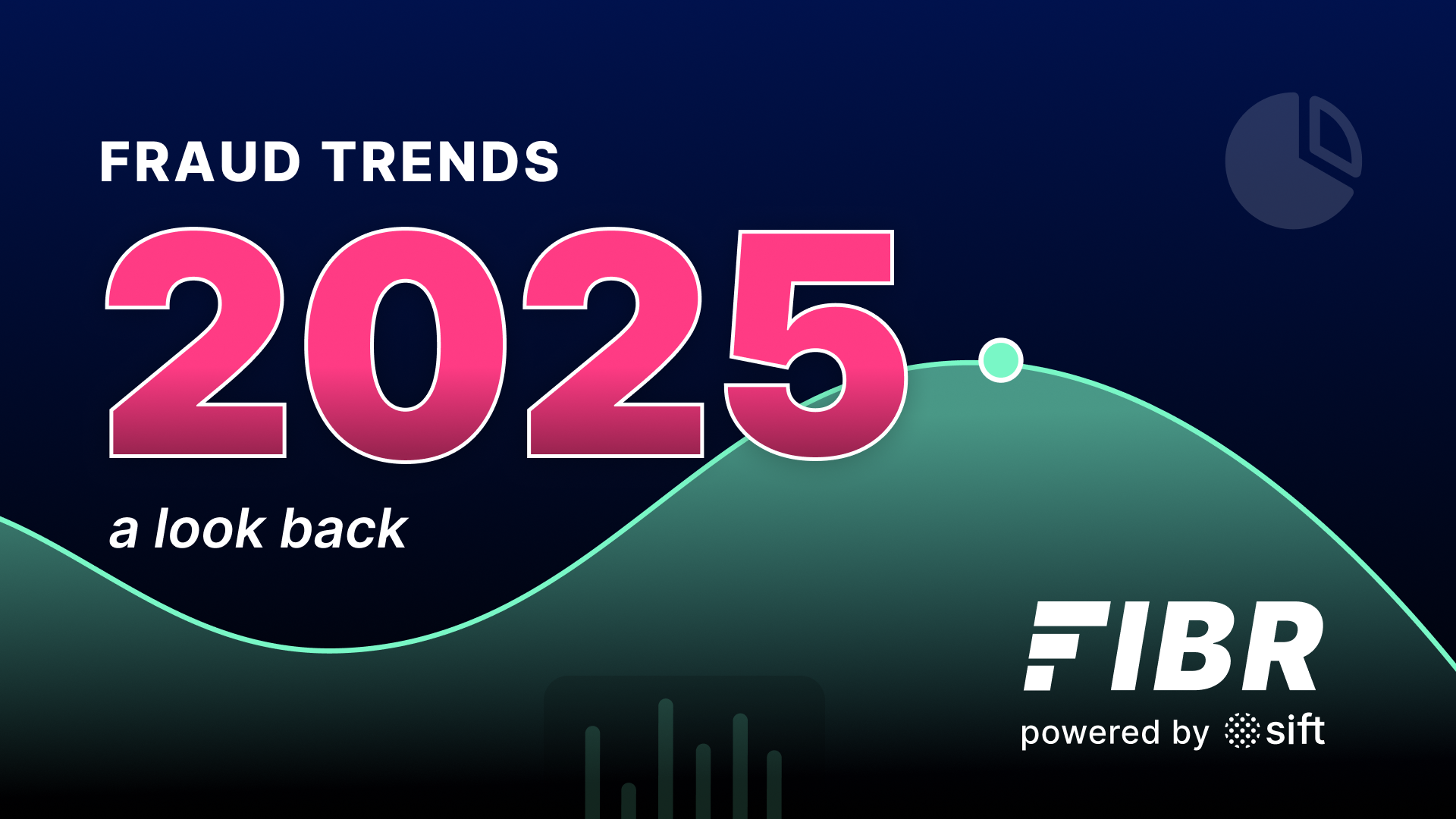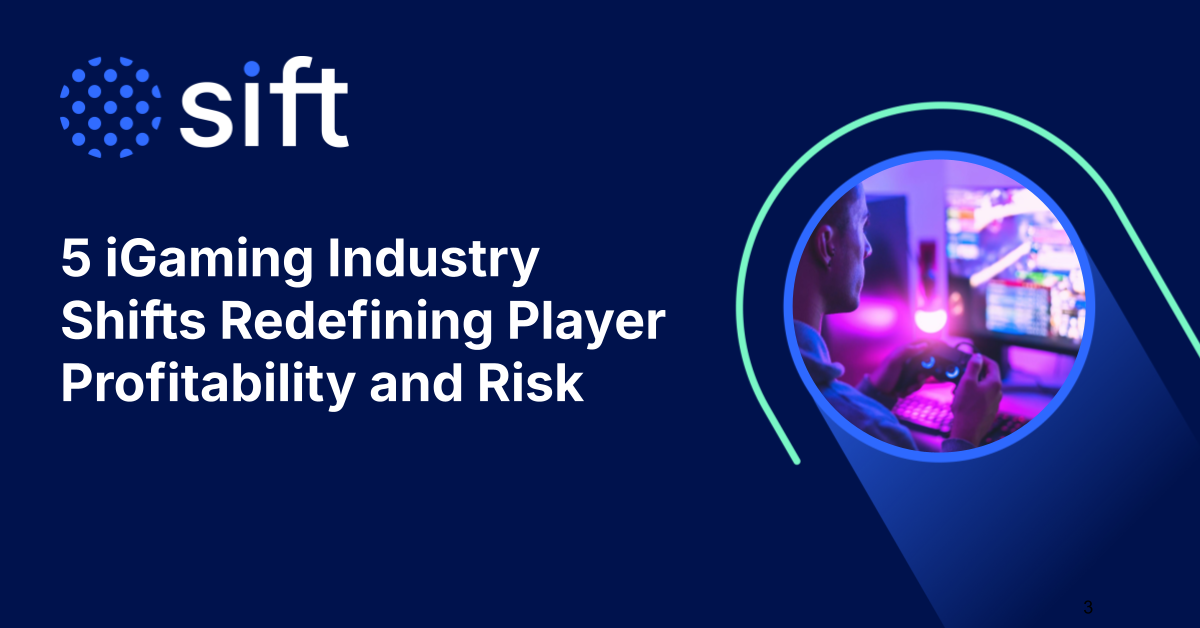Nearly nine in ten (89%) consumers were using digital payments in 2022, with 62% using multiple modes, according to McKinsey. As consumer behavior shifts, the payments space is advancing beyond traditional credit cards—alternative payment methods (APMs), such as buy now, pay later (BNPL), new payment service providers (PSPs), ACH, crypto, and digital wallets, amassed volumes reaching $19 trillion in 2022.
While these alternative payments provide more choice for consumers, they also introduce new fraud risks that many businesses are not set up to handle. These risks expose companies to potential revenue loss, compliance violations, and poor customer experiences.
To stay competitive in a widely diversified market, businesses must prioritize both an inclusive range of payment options, as well as implement a proactive and robust fraud management strategy that’s equipped to detect emerging fraud patterns. Read on to learn how these new payment methods impact business, how to better defend against alternative payment fraud, and how Sift is expanding its product offerings to address digital risk in emerging payments.
How new payment methods impact business
Offering more payment methods is essential for business growth. There’s real risk in not accepting new options, including hampering the customer experience, which can lead to customer churn and limit your customer base.
A brand that doesn’t offer a particular payment option that a competitor does will risk losing that business. More than one-third (37%) of consumers said they’d leave a website due to limited payment options. And according to 451 Research, $20.1 billion in purchases were abandoned in 2021 due to lack of preferred payment methods. With customers expecting a wide range of payment options, failing to do so can have a serious impact on business growth.
However, providing additional payment methods means businesses must uplevel their fraud prevention capabilities to keep up with evolving fraud. Because these are new technologies, fraudsters are especially narrowed in on cracking any potential vulnerabilities. There’s evidence that fintech and alternative payments are being targeted with advanced and automated fraud schemes. Sift network data shows that attempted payment fraud in fintech jumped 13% in 2022, with BNPL struggling against a 211% increase, and crypto exchanges seeing a 45% surge.
Better protection against alternative payment fraud
As with implementing any new technology, businesses must consider some unique factors to effectively secure these payment methods. Fraud controls set in place for credit card transactions won’t be enough to protect businesses and consumers from falling victim to alternative payment fraud.
The solution lies in adopting fraud prevention tools designed specifically for modern payments. Businesses need non-traditional payment solutions, like automation, investigation, and machine learning (ML) model training. Systems must ingest data from alternative payment sources and use it to automate decisions, conduct investigations, and train machine learning models.
It’s also crucial to increase ML accuracy with a multi-pronged approach. This involves finely-tuned model cohorts, custom models, and a global model to balance specificity and collective intelligence. Fraud teams also need greater control over the payment fraud prevention experience in order to accurately detect anomalous behavior in real time. Customizable interfaces aligned to specific payment data can help analysts resolve cases faster.
How Sift helps businesses address digital risk across the payment ecosystem
Sift has rolled out new platform capabilities that are specifically designed to combat the unique fraud patterns we’re seeing with new payment methods. See how we’re investing in the modern payments ecosystem and addressing digital risk in emerging payments:
Incorporating new payment methods into fraud operations
Sift delivers easy-to-use alternative payment method (APM) automation, investigation, and ML model training (e.g., BNPL), along with integrations for a wider range of Payment Service Providers (PSPs), digital wallets, and ACH systems.
For example, take a fintech company that wants to expand the ability to facilitate a broader range of payment methods and understand how end-users make payments. Their fraud team can now leverage insights across a variety of payment methods, including ACH, wire, Single Euro Payments Area (SEPA), prepaid cards, and crypto-specific transactions (such as digital wallets) directly within the Sift Console.
This empowers fraud analysts to devise automation strategies that incorporate criteria from these extended payment options and perform risk assessments using insight from these varying payment channels. Furthermore, machine learning training can now incorporate data from these extended payment behaviors.
Accessing ML models built to capture unique payment fraud trends
Sift’s advanced, global, and business-specific machine learning models now incorporate weighted ML model insights derived from similar customer cohorts. This considerably strengthens Sift users’ ability to address and adapt to changing payment trends, regardless of origin.
Businesses can now fine-tune ML accuracy to meet changing payment trends with a three-pronged approach to ML models that include: models based specifically on similar payment cohorts, a customer-specific model, and a global model.
Let’s say a fintech company wants the ML model to reflect operations like theirs. Sift can now provide ML models that are focused specifically on similar businesses. This is also combined with Sift’s global ML model and a custom model. The approach enables fintech companies to benefit directly from Sift’s global network while also focusing specifically on analyzing fraud patterns that are unique to the fintech industry and its emerging payment trends.
Accelerating fraud analysis with customized insights
Businesses can easily customize payment fraud prevention paths for both traditional and emerging payment signals with the ability to drag and drop risk data into a personalized format, helping accelerate case resolutions and improve decision accuracy.
For fraud teams that want to customize how they view data to accelerate case resolution rates, they can now create custom views in the Sift Console based on how transactions are moved through their specific customer journey and what elements are most relevant for them.
Customers can select a fintech-specific template that focuses on relevant transactional data, such as order ID, order date, amount, payment type, BIN country, and transaction success status to configure the data most representative of their base. This templated experience includes the ability to have single-click access to more detailed insight in a guided format to help accelerate case resolutions.
Find out how fintech fights fraud with Sift.








